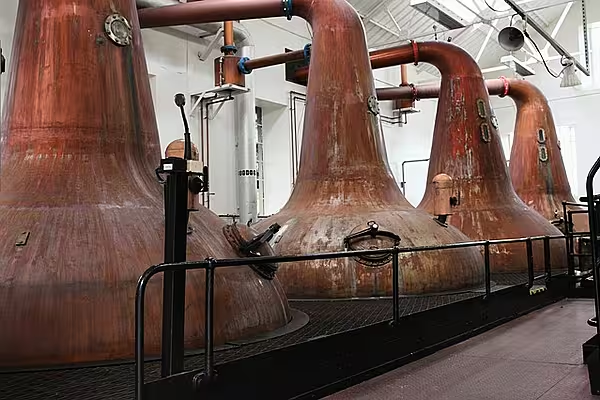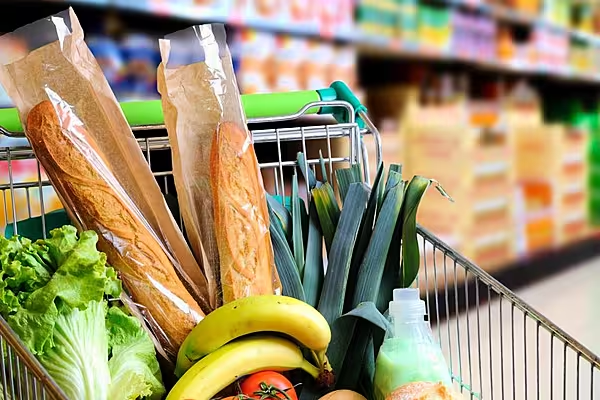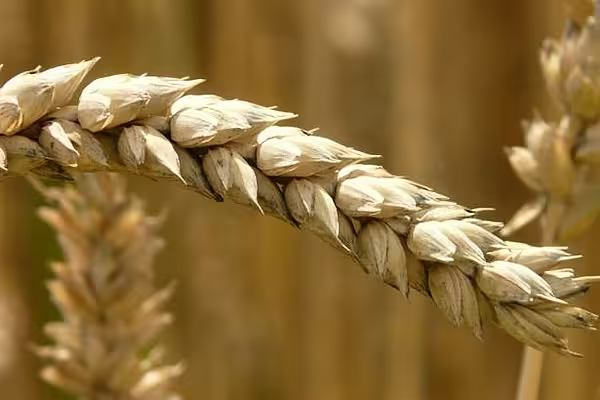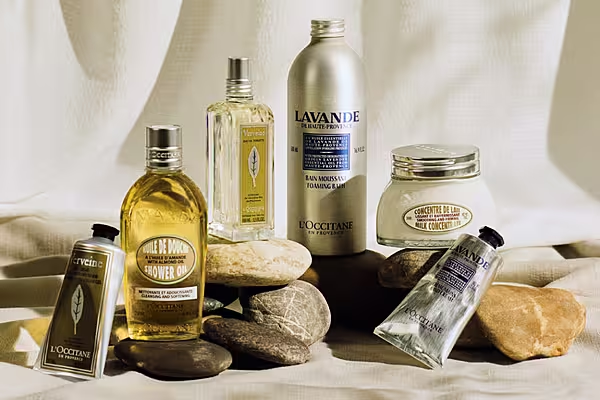The number of Irish breweries producing their own product has more than quadrupled since 2012, from 15 to 72, according to a new report published today by the Drinks Industry Group of Ireland (DIGI).
This quadrupling has led to a total increase in microbrewery turnover from €8 million in 2012 to €52 million in 2016.
Brewers, distillers, cider producers, pubs, restaurants, hotels and off-licences are supporting and growing economic activity in Ireland spread across rural Ireland.
14% of Ireland’s breweries are located in Cork, followed by 10% in Dublin, and 7% in each of the counties of Galway, Wicklow and Donegal. Every county in the Republic, bar Westmeath, has at least one brewery.
The Irish drinks industry is Ireland’s fastest-growing manufacturing industry in terms of the number of enterprises.
In High Spirits
The number of enterprises in the overall manufacturing sector has increased by less than per cent since 2008, however, the number of drinks industry enterprises has grown by 105% (the second fastest-growing manufacturing industry, food, has grown by 28% in the same period).
Beer, cider and spirit categories, particularly Irish whiskey and gin, are leading the charge. In 2013, there were just four working whisky distilleries in Ireland. Last year this figure was 18, with plans for another 16 in place.
Irish gin, much like in the UK, is attracting worldwide interest and plans to treble its exports to 400,000 9-litre cases by 2022.
Donall O’Keeffe, Secretary of DIGI and CEO of the Licensed Vintners Association, said that the Irish drinks industry is innovating and diversifying in response to changing consumer tastes.
“Our drinks industry has proven itself extremely adaptable to ever-changing tastes in consumer behaviour,” he said.
“Manufacturers, large and small, have diversified their offerings, experimented with new ingredients and recipes, and developed lucrative commercial partnerships at home and abroad.”
Three-quarters of pubs and off-licences have refurbished their premises in the last three years, and many breweries and distilleries are developing visitor centre facilities, increasing product awareness among local and international consumers.
Future Challenges
DIGI’s O’Keeffe believes that the industry’s rapid growth, especially the potential for scaling up the many new enterprises, will be challenged by current global trade considerations and Ireland’s uncompetitive alcohol excise tax policies.
“The drinks and hospitality industry is one of Ireland’s bedrock industries. In rural Ireland in particular, where less developed infrastructure inhibits the creation of high-tech jobs, the drinks industry has provided a way for smaller communities to support economic activity, innovation and entrepreneurship,” he added.
“If the drinks industry is to flourish into the future, it needs as few barriers to trade as possible. Right now, our own excise tax is a barrier. Compared to other EU states, Ireland’s is the second highest overall: we have the highest excise tax on wine, the second highest on beer and the third highest on spirits.
“In a challenging international economic environment, with Brexit and growing American protectionism, export development must be supported by a strong market at home. This starts with ensuring that policy measures support growth and we must prioritise reducing the tax burden on Ireland’s fastest-growing manufacturing industry by lowering excise on alcohol.”
© 2018 Checkout – your source for the latest Irish retail news. Article by Aidan O’Sullivan. Click subscribe to sign up for the Checkout print edition.









